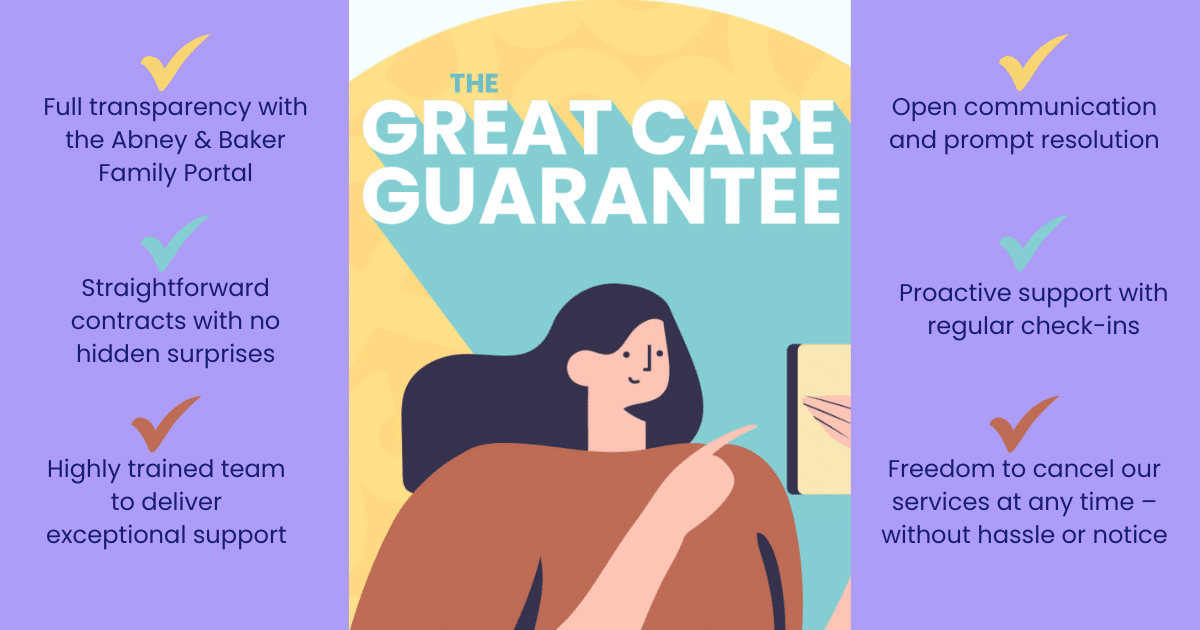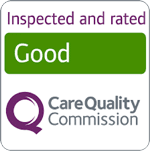The abnormal build-up of proteins around brain cells causes Alzheimer’s disease. This neurodegenerative brain disorder causes memory loss and negatively affects the thinking skills and ability to carry out normal day-to-day tasks. In this blog we discuss what is the biggest cause of Alzheimer’s Disease.
The science bit
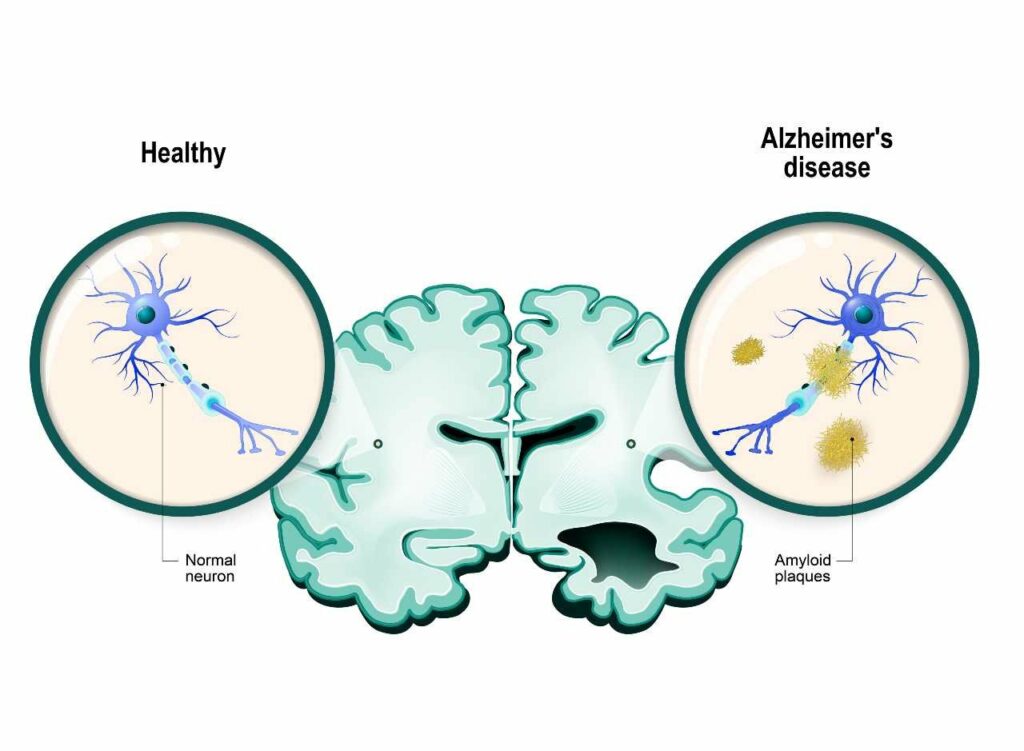
Currently, scientists do not know exactly what causes this process to begin, but they know that it begins many years before symptoms appear. As the build-up of these proteins increases, the brain cells start to get affected. This causes a decrease in chemical messengers involved in sending signals and messages between brain cells.
Acetylcholine, a type of neurotransmitter, is particularly low in the brains of people affected with Alzheimer’s. As the disease progresses, it causes the brain to shrink and primarily affects the areas responsible for memories.
Depending on the type of Alzheimer’s disease, different parts of the brain can be affected. It is possible that the first symptoms in an affected individual may be problems with vision and language, rather than memory.
Factors that increase the risk
Although we do not know the real cause of Alzheimer’s disease, there are several factors known to increase your risk of developing the condition.
Age
Age is an essential factor in the development of Alzheimer’s. The likelihood of developing Alzheimer’s doubles every 5 years for people over 65.
Alzheimer’s disease can also develop in younger people. Around 1 in 20 people with this condition are under 65. This is known as early- or young-onset Alzheimer’s disease, and people affected start showing symptoms from the age of 40.
Family history
A person’s genetics can also increase their risk of developing Alzheimer’s disease. This risk is minimal in most individuals, but in a few families, the inheritance of one gene can increase the chances of developing and passing on the disease.
If you have a family history of dementia or Alzheimer’s disease, and the affected individuals were diagnosed at a young age, you should seek genetic counselling for information and advice. This will also allow you to get an idea of your chances of developing Alzheimer’s disease when you are older.
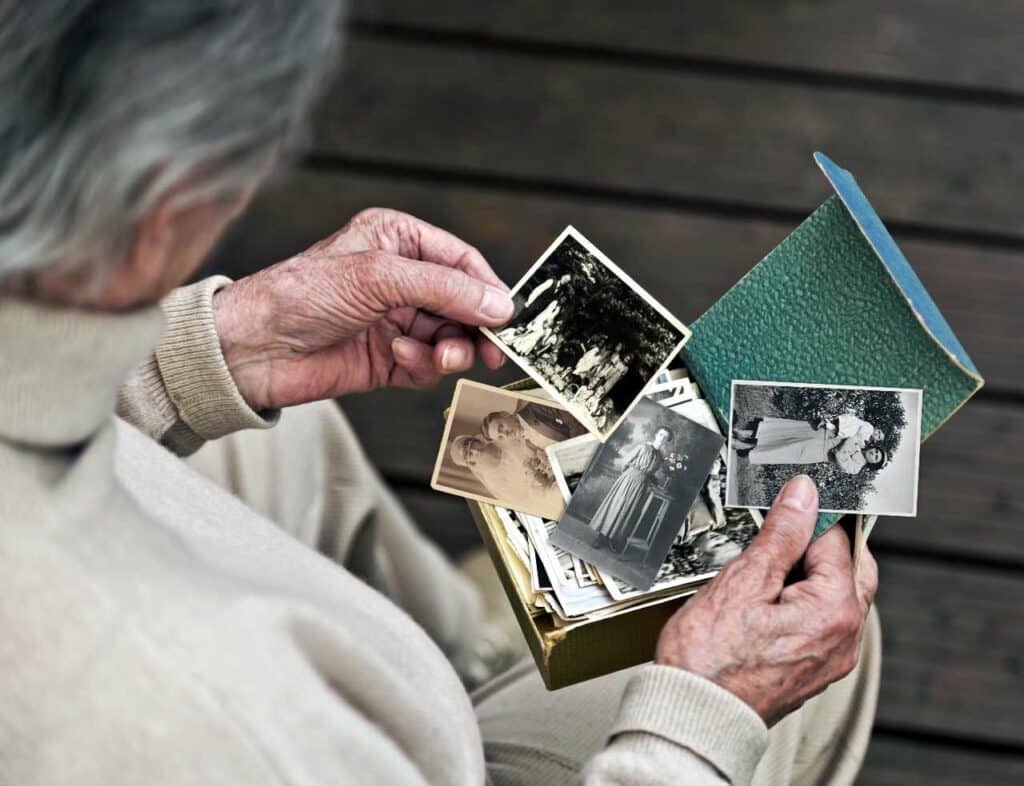
Down's syndrome
Individuals with Down’s syndrome have a higher risk of developing Alzheimer’s disease, because the genetic changes that cause Down’s syndrome can also cause amyloid plaques to build up over time.
This can eventually lead to Alzheimer’s disease in some people with Down’s syndrome.
Head injuries
Cardiovascular disease
Certain lifestyle factors and conditions associated with cardiovascular disease also play a role in the development of Alzheimer’s disease.
These factors include:
- smoking
- obesity
- diabetes
- high blood pressure
- high cholesterol
However, it is possible to reduce this elevated risk by avoiding smoking and eating a healthy, balanced diet. Leading an active life, both physically and mentally, can help keep you fit.
Drinking less alcohol and regular health checks can also reduce the risk.
Other risk factors

Some of them are:
- hearing loss
- untreated depression (though depression can also be one of the symptoms of Alzheimer’s disease)
- loneliness or social isolation
- a sedentary lifestyle
Diagnosis of Alzheimer’s disease
If you suspect your loved one might have Alzheimer’s disease, you should consult your GP. The GP will initially do a check-up and talk to your loved ones’ close contacts about their symptoms.
Initially, your GP will check your loved one’s medical history and carry out general tests, such as blood pressure blood tests, physical examination and cognitive ability tests.
It’s also possible that your GP may not be able to give your loved one a diagnosis, so they will refer them to a specialist or memory clinic.
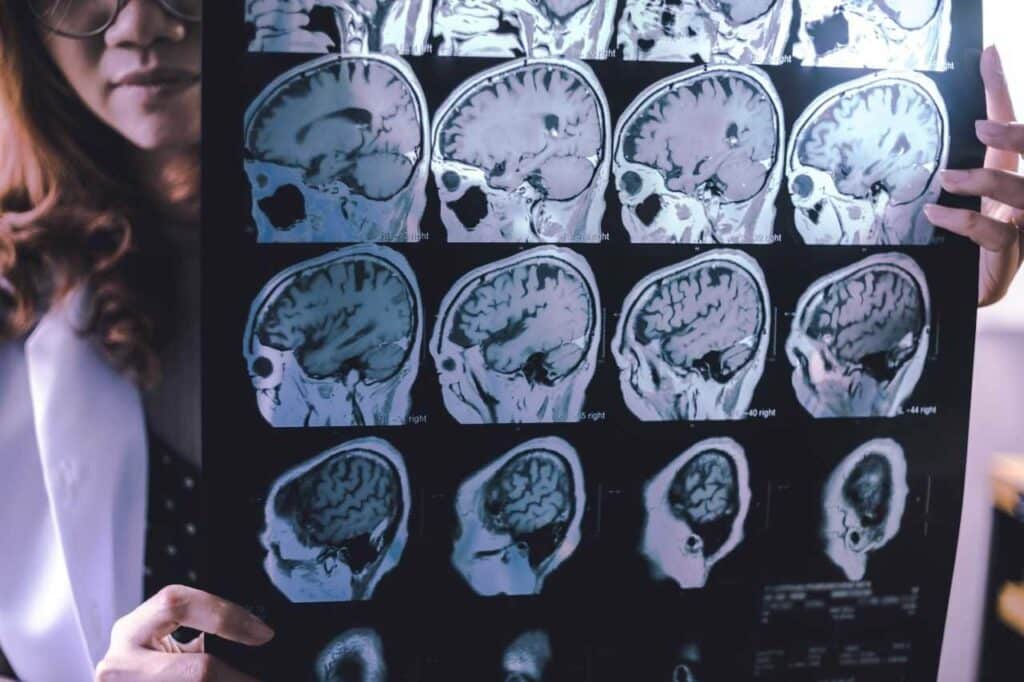
The specialist will do a CT or MRI scan of the brain to check for any abnormalities. To get an accurate diagnosis of dementia it can take time, but it’s important to get the most detailed diagnosis, so they can get a personalised treatment plan.
During this process, things might get a little tense for your loved one and those close by so it’s important to remember that these feelings are natural and an understandable part of the journey.
After the diagnosis, your loved one might take some time to adapt to the new circumstances. However, with the right care and support, your loved one can thrive and have a decent quality of life in the comfort of their own home.
Home care services for your loved one with Alzheimer’s disease
Caring for your loved one diagnosed with dementia can leave you feeling exhausted and become a risk factor for your well-being. Therefore, opting for some support from professional home care services should not make you feel guilty.
Professional personal care services offer a great alternative to caretakers/families who can’t be around their loved ones round the clock.
At Abney and Baker, we provide professional home care services for your loved one diagnosed with Alzheimer’s disease. Our healthcare providers ensure your loved one feels safe and fully supported, whilst still retaining their independence.
With a little extra help and support, you can focus on other aspects of your personal life, while having the peace of mind that your older parent or relative is in safe and caring hands.
Contact Abney & Baker for home care services
At Abney & Baker, our Home Care Services Team make sure that your loved one with dementia gets the best-in-class care and support. Our Home Care Services are designed to cater to the needs of senior citizens.
If you have a loved one diagnosed with dementia that requires domiciliary care, our fantastic team of local home carers are here to support. We make sure that your loved one gets the right care while maintaining their privacy and dignity. Visit us here to learn more about our services in Melksham and surrounding areas, UK
Helping your loved one to continue living independently and confidently in their own home.
By providing a range of support at home, we’re helping many clients across Bath & North East Somerset and West Wiltshire retain their independence and stay in control in the comfort of their own homes.
Remember we’re always here if you want to chat about your care options. Just get in touch:
Call 0333 043 4880 – Email enquiries@abneyandbaker.com – Book a call here


